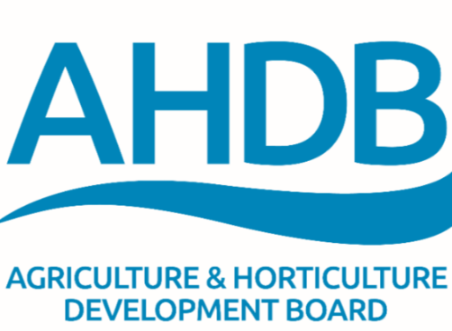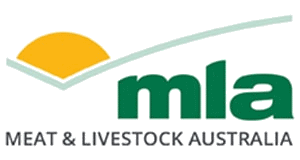Illegal Meat Floods UK High Streets
Illegal Meat Floods UK High Streets Amid Post-Brexit Border Check Failures
Efforts to prevent potentially disease-ridden meat from entering the UK are being undermined by post-Brexit border checks, according to a senior health official.
Lucy Manzano, head of the Dover Port Health Authority, has raised concerns that illegal meat, which has bypassed proper health checks, is now available on “most high streets” across the country.
Recent outbreaks of deadly animal diseases in Europe have heightened fears among health authorities, Whitehall officials, and the farming industry about the potential threat to the UK. Despite these concerns, the government maintains that the current system of checks is effective and insists it will never “waver in its duty to support the UK’s biosecurity.”
Under the post-Brexit system, commercial vehicle checks are not conducted at Dover itself. Instead, drivers are required to travel 22 miles (35km) to a border control post at Sevington. Critics argue that many lorries are failing to show up for these checks due to a lack of enforcement.
The Environment Select Committee in Parliament has launched an inquiry to assess the effectiveness of the system. Ms Manzano told MPs that the Department for Environment, Food and Rural Affairs (Defra) has been overstating the robustness of the controls in place. She stated, “Defra have continually stated that there are robust controls in place. There are not. They don’t exist.”
Ms Manzano added that Defra has not provided any confirmation of how food would be controlled from the point it arrives to the inspection facility 22 miles away. She presented evidence to the government demonstrating that the system intended to safeguard the country from biosecurity threats is failing.
Defra recently refused to answer a Freedom of Information request from the BBC’s Countryfile programme, which sought data on the number of vehicles failing to turn up for checks at Sevington. The department claimed that releasing such information could inadvertently aid criminals looking for weak points in the UK’s border controls.
Ms Manzano claimed that illegal meat has become more commonplace in high street shops, making it increasingly difficult for consumers to identify whether the products they are purchasing have undergone proper health checks.
Despite these allegations, Defra maintains that the post-Brexit checks are functioning as intended. Earlier this week, figures revealed that nearly 100 tonnes of illegal meat were seized at the Port of Dover last year. Defra reiterated its stance, stating, “It is unequivocal that importing illegal meat products is unacceptable – which is why suspected products are routinely checked at the border to ensure they don’t reach our shores.”
Original story: BBC News

